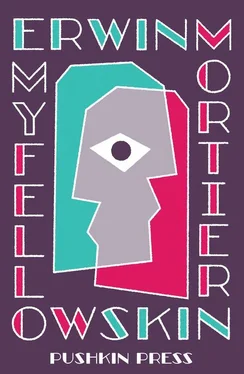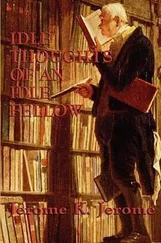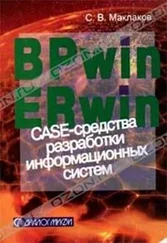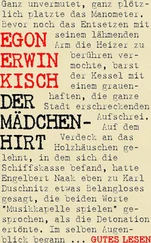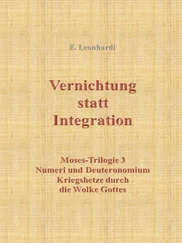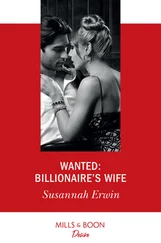I put my shoes on. Double the lace to make a loop, tie the other end around it and pull it through to make a bow-knot. I could see myself in the changing room at school with Willem at my side, making fun of my embarrassment, showing me how.
I passed my mother in the corridor.
“I’ve taken your Pa’s blue tie.”
She turned up my shirt collar and laid the tie around my neck.
I felt myself turning into my father. As slim as he was on that day in October almost thirty years ago, when he strolled arm in arm with my mother in the gardens of the castle and stared at her veil melding with the mist rising from the grass by the lake. She was never younger than in that photograph.
I shivered, worried sick that my knees would buckle, later on, when the coffin slid away between the curtains into the furnace.
“Ma, why don’t you come with me?” I asked, and regretted it instantly.
I saw her chewing her lower lip as she straightened my collar and tucked the end of the tie into my waistcoat.
“I don’t think we’d want to go there, Anton. Anyway, we don’t really know them very well, do we?”
I noted her shame. His father was an architect. Whenever my father found himself in the company of “posh folk”, he would fold himself up like a newspaper left lying on a sofa.
“Forget it,” I said.
She stood behind me, buffing the back of my jacket with a clothes brush.
“Spic and span.”
I went downstairs.
“Here you are,” my father said, handing me the car keys.
I stepped outside. Got behind the wheel. Switched on the ignition, reversed under the beech tree and rolled out of the yard.
By the gate stood my mother, signalling me to stop.
I wound the window down.
She leaned over and tucked a condolence card in my breast pocket.
“Don’t forget to give this.”
She patted the hair on my forehead.
“When will you be back? I’ll keep some supper for you.”
“That’s fine, Ma.”
“It’ll be the other place.” She was referring to the new house. “Mind you don’t forget to go there, you don’t want to be coming here by mistake. I know what you’re like.”
“All right.”
I wound up the window. Waved. Drove out through the gate and up the road on the dyke. Sped away.
In the rear-view mirror I saw them both standing in the verge. My father had his arm around her waist.
He raised his hand. Shouted something.
I saw the pair of them receding gradually in the oblong mirror, the crown of the beech tree dwarfing the stables, and then, in a final glance before turning on to the motorway, it was all gone.
ERWIN MORTIER (born 1965) made his mark in 1999 with his debut novel Marcel , which was awarded several prizes in Belgium and the Netherlands, and received acclaim throughout Europe. In the following years he quickly built up a reputation as one of the leading authors of his generation. His novel While the Gods Were Sleeping received the AKO Literature Prize, one of the most prestigious awards in the Netherlands. His latest work, Stammered Songbook, a raw yet tender elegy about illness and loss, was met with unanimous praise. Mortier’s evocative descriptions bring past worlds brilliantly to life.
